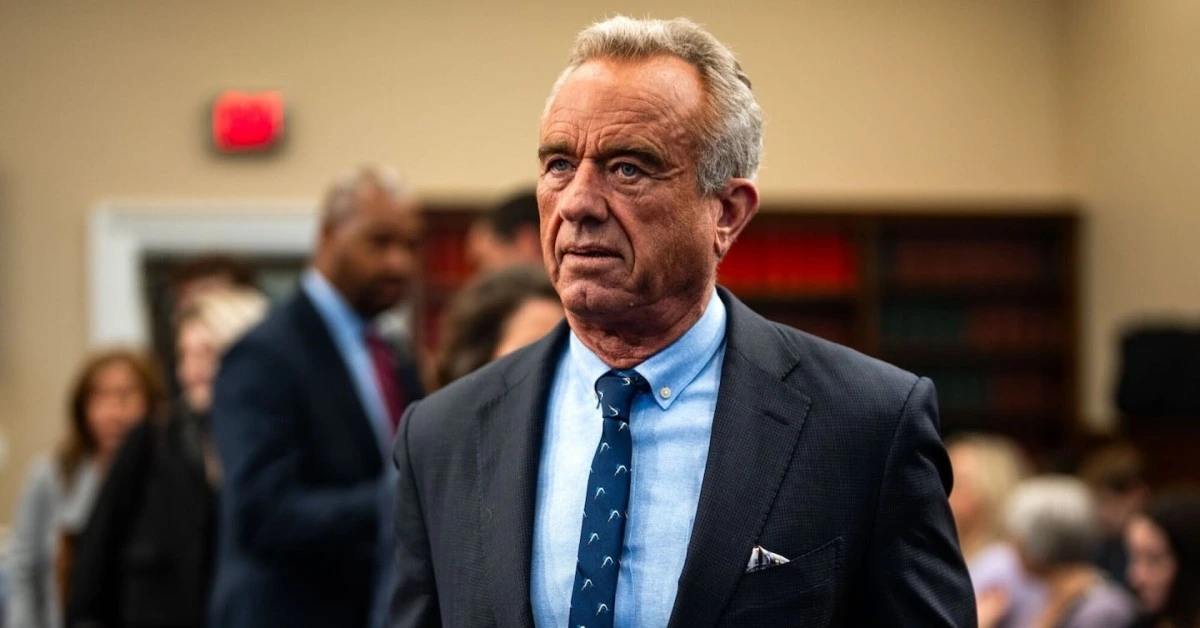
USA – The U.S. Department of Health and Human Services (HHS) has announced swift action to implement a new Executive Order issued by President Donald Trump, aiming to reshape how prescription drug prices are set in the country.
At the core of this policy is the “most favoured nation” pricing model, which mandates that pharmaceutical companies sell medications in the U.S. at the lowest prices they offer in similar, developed nations.
According to the HHS statement issued on May 20, drugmakers must match the lowest price found in any country that is part of the Organization for Economic Co-operation and Development (OECD), provided the country’s GDP per capita is at least 60% of that of the U.S.
The OECD includes 38 nations committed to democratic values and market-based economies, collectively accounting for nearly half the world’s GDP as of 2021.
This move is part of broader efforts to reduce the high cost of medications in the U.S., where patients often pay up to three times more than those in other developed countries.
The aim is to eliminate the long-standing disparity between domestic and international drug prices.
“For too long, Americans have been forced to pay outrageous prices for the same medicines that are far cheaper abroad,” said HHS Secretary Robert F. Kennedy Jr.
“That ends today. Drugmakers must lower prices for American patients, or we will take strong action.”
Under the new rule, manufacturers are required to align U.S. prices for all brand-name medications sold in markets without generic or biosimilar competition.
Typically, the presence of generic or biosimilar drugs helps lower prices. In their absence, brand-name drugs remain costly.
The policy gives pharmaceutical companies 30 days from the date the Executive Order was signed –May 12 – to comply with the pricing targets. Noncompliance could lead to regulatory consequences.
However, not everyone supports the reform. The Pharmaceutical Research and Manufacturers of America (PhRMA), the industry’s leading trade group, has criticized the policy.
PhRMA CEO Stephen Ubl argued that importing foreign pricing models would harm innovation and threaten American jobs.
“Importing foreign prices from socialist countries would be a bad deal for American patients and workers. It would mean less treatments and cures and would jeopardize the hundreds of billions our member companies are planning to invest in America,” Stephen Ubl said in a statement.
XRP HEALTHCARE L.L.C | License Number: 2312867.01 | Dubai | © Copyright 2025 | All Rights Reserved